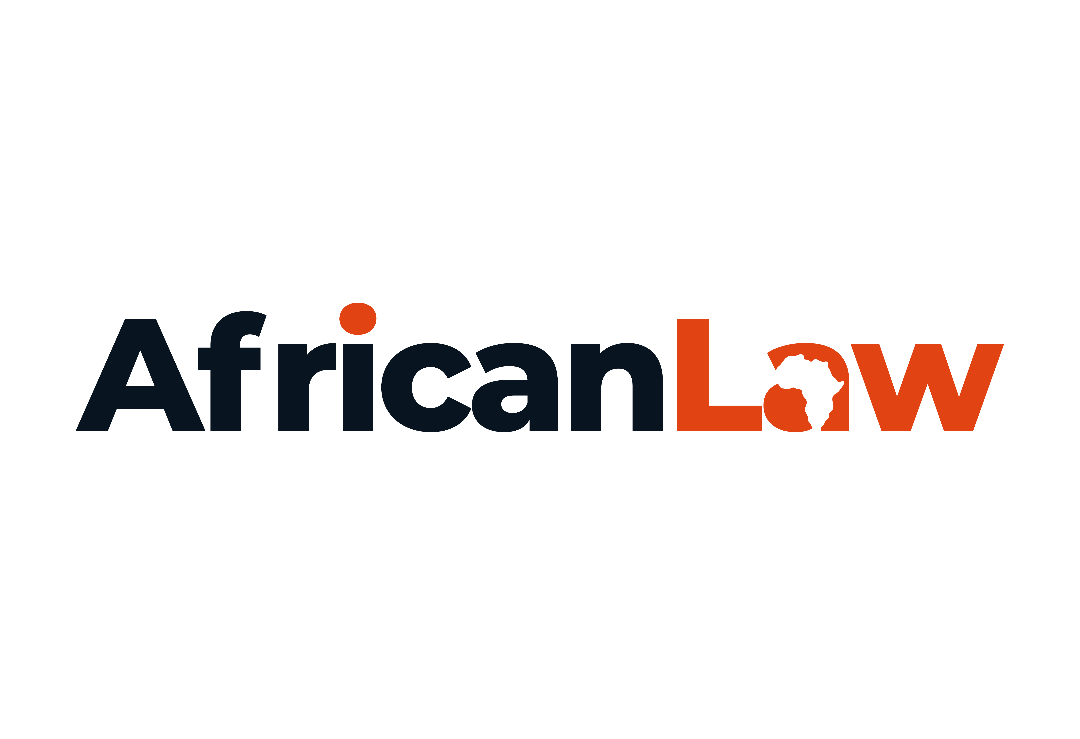Meaning of Opposition
An opposition is a formal objection to the registering of a trademark. A trademark Opposition is an administrative procedure in which a party objects or opposes the registration of a trademark by another. Notice of Opposition is filed in writing by the opposing party in the format prescribed by the Trademark Act within two months from the date of publication of the proposed mark in the trademark journal.
On acceptance of a trademark application, the registry will publish the new trademark, triggering a period within which third parties can raise objections, generally by way of opposition. This is the process by which trademark owners and other third parties can challenge trademark applications where there is a perceived conflict with their trademark and earlier rights. More often than not trademark owners raise an objection because the new trademark is identical or confusingly similar to their own rights.
Who can oppose?
Any person who believes that a published trademark is identical or confusingly similar to his/her trademark can oppose the trademark.
Grounds of Opposition
The grounds for the opposition of a trademark are as provided under Sections 9 (d), 11, 12, 13, and 31 of the Trademark Act. The notable grounds are:
- The trademark is similar to an already registered trademark
- The trademark contains names of chemical substance
- The trademark is deceptive or scandalous
- The applicant has no intention of using the trademark
- The trademark contains restricted words
- The trademark contains geographical names
Procedures
Section 20 of the Act provides for the procedures for opposing trademark applications in Nigeria. The Act provides thus:
- Any person may within two months from the date of the publication under section 19 of this Act of notice of an application give notice to the Registrar of opposition to the registration.
- The notice shall be given in writing in the prescribed manner and shall include a statement of the grounds of opposition.
- The registrar shall serve a copy of the Notice of Opposition to the Applicant who has one month from the date of such service to respond to the Opposition in form of a Counter-Statement. An extension of time can also be obtained.
- Upon receipt of the Counter-Statement, the Registrar shall also serve a copy to the opposing party who also has one month from the date of such service to reply with the Statutory Declaration.
- As soon as the Statutory Declaration is served on the Applicant, he may proceed to file its own response to the Statutory Declaration.
- The Opponent also has the right to reply to the Applicant's Statutory Declaration within one (1) month, and where the Applicant needs to respond to the Reply Statutory Declaration, the Applicant can file further evidence in response, with the leave of the Trademark Registrar.
- When all relevant documents have been filed, the Registrar then gives notice to the parties of a date when he will hear arguments in respect of the case.
- At the close of the case, Briefs of Argument are filed by both the Opponent and the Applicant, and parties adopt their Briefs of Argument as their respective arguments in support of their case.
- The Trademark Tribunal then delivers a Ruling after the adoption of the Briefs of Argument. However, the decision of the Trademark Tribunal is subject to appeal, where a party is dissatisfied with the Ruling of the Trademark Tribunal.
Finality of the Registrar General's decision in trademark opposition
It is worthy to note that the Registrar General’s decision in a trademark Opposition proceeding is not final. It is appealable. Section 21 of the Act provides that the decision of the Registrar in opposition is subject to the Court. In Nabisco Inc V. Allied Biscuits Company Ltd (1998) 7 SC. (Pt II) 99, following the Registrar’s decision in an opposition proceeding, the Applicant been dissatisfied appealed against the Registrar’s decision to the Federal High Court. The appeal was allowed but was set aside at the court of Appeal. Dissatisfied, the Applicant appealed to the Supreme Court who held that the Applicant had not used the mark sufficiently to acquire reputation in Nigeria.

















